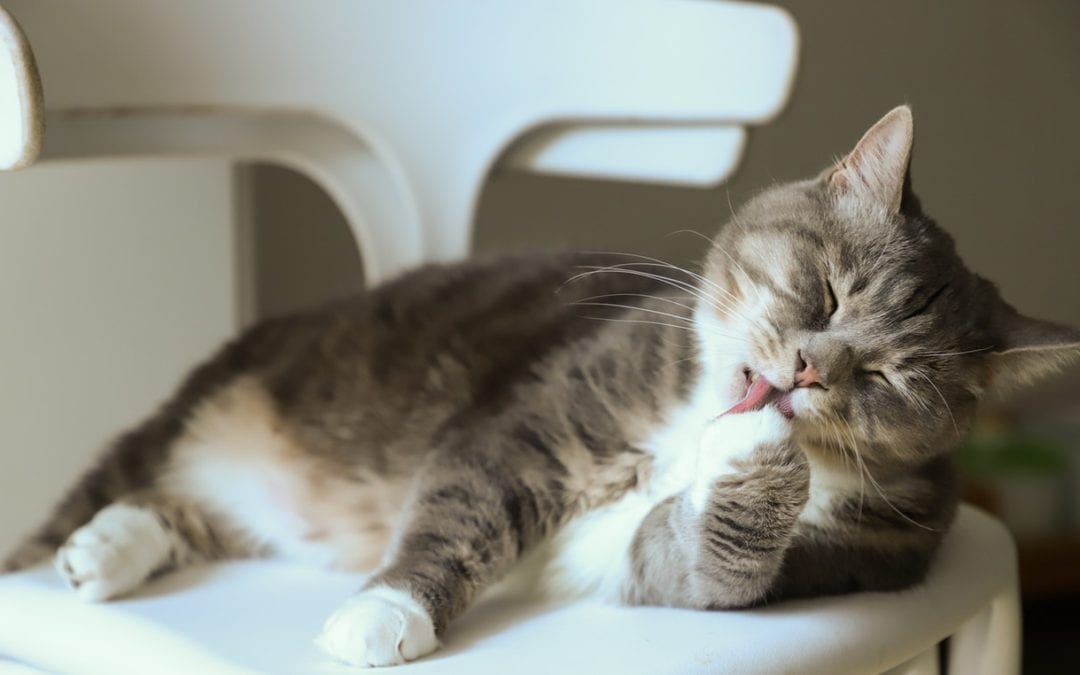Cats: They’re curious, mysterious, and fiercely independent. And, while we can’t completely unlock the mystery that is your feline friend, we can provide guidance on caring for your cat through her lifetime. Here’s your guide to basic feline veterinary care.
Your kitten’s veterinary care
Kittens are under two years of age. Expect the following veterinary care for your kitten:
- Medical and behavioural discussions — We may discuss nutrition, litter box training, scratching behaviour, enrichment, parasite prevention, and more. Come prepared with questions you have about caring for your cat.
- Vaccines — Kitten vaccinations are typically given every three to four weeks between the ages of 8 weeks and 16 weeks. Core vaccines that all kittens should receive include rabies and a combination vaccine for panleukopenia, calicivirus, and herpesvirus. Some cats will also need to be vaccinated against feline leukemia virus (FeLV) and feline immunodeficiency virus (FIV).
- Testing — Your kitten will be tested for FeLV and FIV.
- Spay/neuter — We recommend that most kittens are spayed or neutered around six months of age.
- Microchipping — All pets should be microchipped, which will help them to be reunited with their owners if they become lost.
Your adult cat’s veterinary care
Between 2 and 8 years of age, adult cats should be seen by our team at least once per year. During these visits, you can expect:
- Medical and behavioural discussions — Adult cats are prone to weight gain. We’ll discuss your cat’s body condition score and nutrition, and we’ll recommend ways to keep her at a healthy weight.
- Vaccines and testing — Your adult cat will receive any necessary vaccine boosters during her veterinary appointments, and we may recommend routine blood work and testing to determine baseline values and to help us detect disease early.
- Dental care — We’ll conduct a thorough oral exam, and we may recommend professional dental cleaning with X-rays and anesthesia to remove tartar and any diseased teeth.
Your senior cat’s veterinary care
Over eight years of age, senior cats should be seen by our team twice per year, and the following may take place:
- Medical and behavioural discussions — We’ll discuss changes you’ve noticed in your cat since her last exam. Senior cats are at risk of developing chronic diseases, such as diabetes, hyperthyroidism, and kidney disease. End-of-life care will be discussed when appropriate.
- Vaccines and testing — Cats are excellent at hiding signs of illness, so more frequent routine screening may be recommended.
Regular preventive veterinary care is key to your cat’s long and healthy life. Questions about caring for your feline friend? Contact us.




